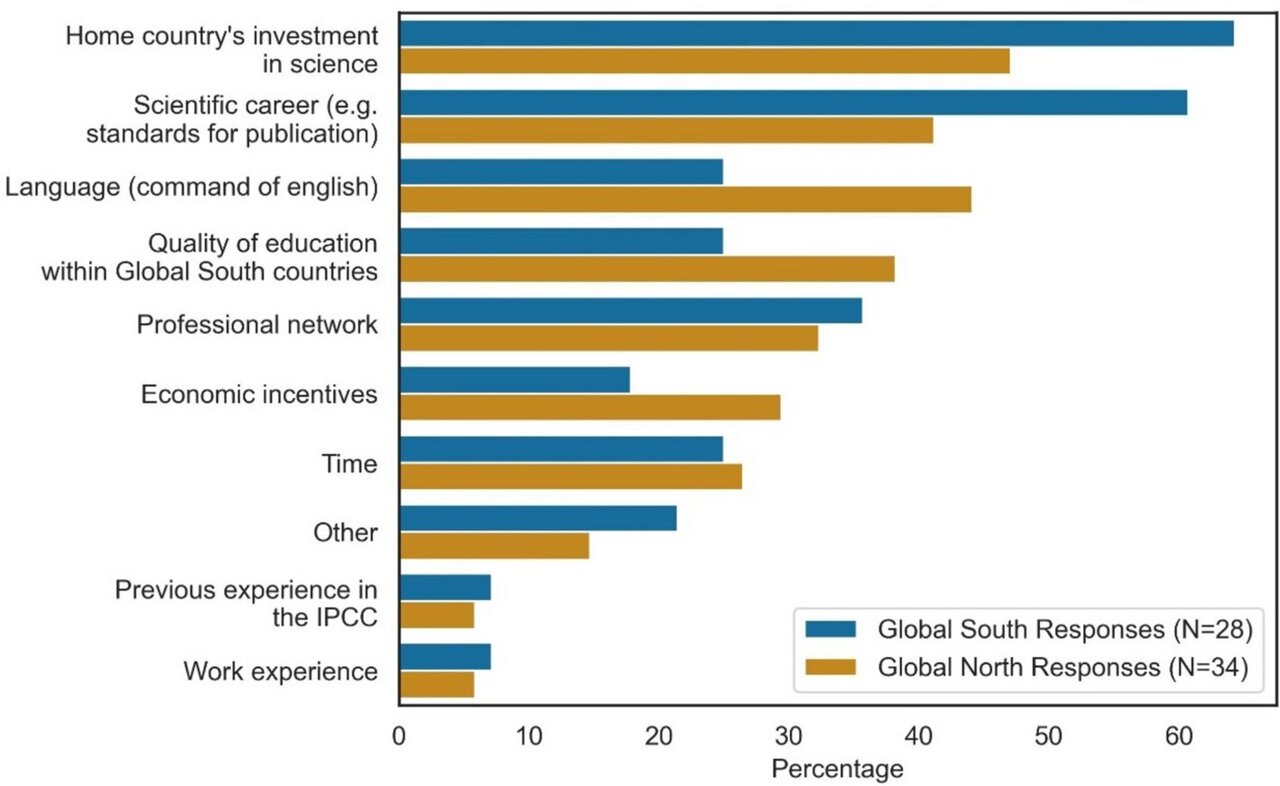Climate Research's Hidden Bias: Why Voices from the Global South Are Being Silenced

A groundbreaking study has unveiled a stark imbalance in climate science research, highlighting the profound marginalization of scholars and perspectives from the Global South in academic publishing. The research exposes a critical gap that goes beyond mere statistics, revealing deep-rooted systemic barriers that silence crucial voices in understanding global climate challenges.
Researchers found that scientific publications overwhelmingly represent perspectives from developed nations, effectively sidelining the critical insights and experiences of researchers from regions most vulnerable to climate change. This academic blind spot not only undermines the comprehensiveness of climate science but also perpetuates a narrow, predominantly Western-centric understanding of global environmental transformations.
The study underscores the urgent need for more inclusive research practices that amplify diverse scientific voices and recognize the invaluable knowledge emerging from developing regions. By bridging these representation gaps, the scientific community can develop more holistic, nuanced approaches to addressing the complex challenges of climate change.
